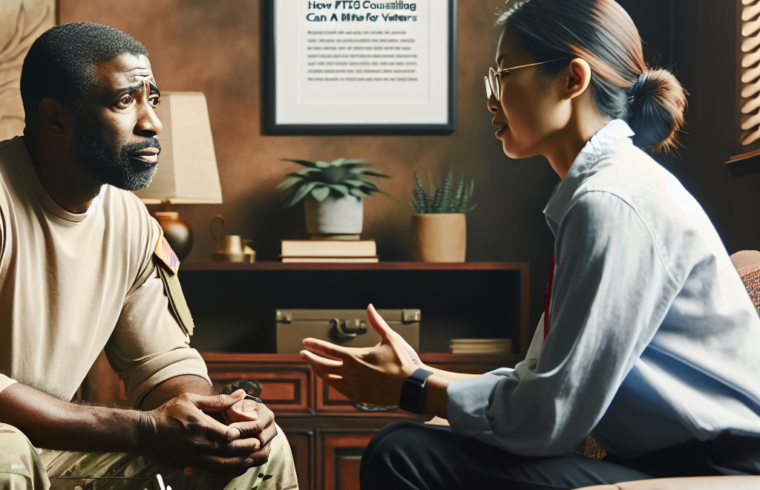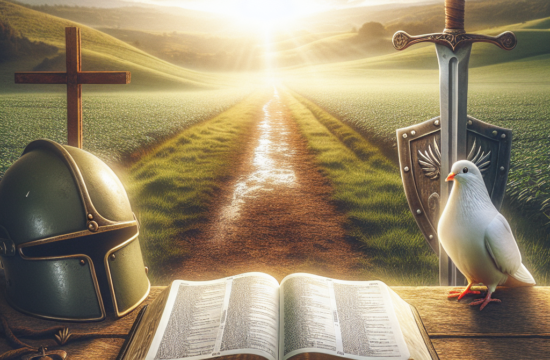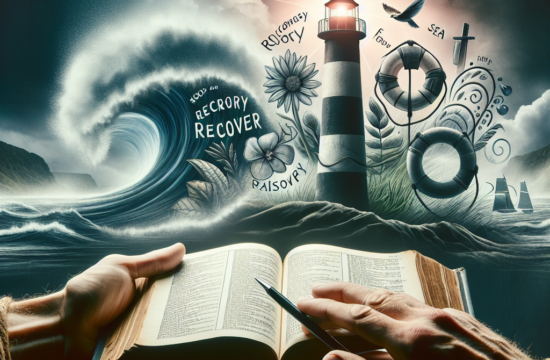==> Thank you for reading this post! Click Here If you are looking for support and Victory over PTSD.
How PTSD Counseling Can Make a Difference for Veterans
- 1. The Importance of PTSD Counseling
- 2. Benefits of Specialized Support for Veterans
- 3. Developing Coping Strategies through Counseling
- 4. Building a Supportive Community
The Importance of PTSD Counseling
Understanding PTSD
First off, let me tell you—PTSD is a complex beast. It doesn’t just hit you once and then go away; it lingers, often resurfacing when you least expect it. I’ve seen firsthand how it can cloud the minds of our veterans. Those brave folks who protected us often return with invisible scars. Understanding what PTSD is, and how it impacts daily life, is crucial for both veterans and their families.
I remember chatting with a veteran who described PTSD as an unwelcome guest. It invades your thoughts, festers in your routines, and sometimes you just can’t shake it off. It’s not just stress; it’s a major mental health condition that needs careful attention. That’s why counseling tailored for PTSD is so vital—it helps veterans reclaim their lives and future.
By engaging in counseling, veterans get the chance to talk openly about their experiences. This safe space allows them to process feelings of guilt, anger, and confusion without judgment. It’s empowering to see how this simple act of sharing can begin the healing process, one step at a time.
Benefits of Specialized Support for Veterans
Access to Trauma-Informed Care
One of the biggest perks of specialized counseling services is the focus on trauma-informed care. Not all therapists are trained to handle the intricacies of military trauma, which is why it’s essential to find someone who gets it. I’ve met counselors who know the language, who understand the nuances of military life—the camaraderie, the loss, the pressure. That connection can make all the difference.
A truly great counselor listens and tailors their approach based on the veteran’s unique experiences. They won’t just throw cookie-cutter techniques at them. Instead, they’ll adapt to what the veteran needs. It’s personal; it’s about building trust and establishing a strong therapist-client relationship.
Having that kind of support means veterans aren’t navigating the treacherous waters alone. Specialized support groups, often facilitated by these trained professionals, allow veterans to share their stories among peers who truly understand. There’s a sense of belonging that can be incredibly healing.
Developing Coping Strategies through Counseling
Identifying Triggers
Let’s get real about triggers. They can be anything—sounds, smells, or even places that flash back memories of traumatic experiences. One thing I’ve learned through my work is how essential it is for veterans to learn how to recognize these triggers. Having a counselor help them identify what sets them off is crucial for developing effective coping strategies.
Once a veteran understands what their triggers are, the next step is all about creating a game plan. Counselors often use techniques like grounding exercises or mindfulness practices to help veterans gain control over their responses. I’ve seen veterans become empowered as they move from feeling hopeless to adopting proactive ways to manage their symptoms.
Get Started with Recovery! Visit us for more Information and Support
Over time, it’s incredibly rewarding to watch veterans take charge of their mental health. They start embracing their coping strategies and leaning on them when feelings of anxiety creep in. It’s like seeing someone shift from living in the shadows to stepping into the light.
Building a Supportive Community
Connecting with Fellow Veterans
There’s something undeniably powerful about connecting with others who have walked a similar path. I’ve observed how camaraderie among veterans can create a sense of understanding that can be hard to find elsewhere. Support groups provide a platform for men and women to come together, share experiences, and lend a friendly ear to one another.
Being surrounded by people who know your struggles means you don’t have to feel alone. This relatable experience fosters deeper connections that can lead to lifelong friendships. I find it inspiring to see these strong bonds form; they often become a part of each other’s healing processes.
Moreover, these supportive communities often extend outside formal counseling. Veterans regularly create informal meet-ups where they can unwind, share laughs, and uplift each other. Whether it’s grabbing coffee or organizing group activities, having that sense of community can significantly enhance their journey toward recovery.
FAQ
What is PTSD counseling?
PTSD counseling is a form of therapy that focuses on helping individuals who have experienced trauma, particularly veterans, process their experiences and develop coping strategies. It involves working with trained professionals who understand the specific needs of those with PTSD.
How can counseling help veterans with PTSD?
Counseling provides a safe space for veterans to share their experiences, identify triggers, and learn effective coping strategies. It empowers them to take control of their mental health and fosters a sense of community with others who understand their struggles.
What are some coping strategies taught in counseling?
Counselors often teach grounding exercises, mindfulness techniques, and cognitive-behavioral strategies to help veterans manage their PTSD symptoms effectively. These tools help veterans cope with triggers and emotional responses in a healthier way.
Is support from other veterans important in recovery?
Absolutely! Connecting with other veterans can be incredibly powerful. It fosters understanding and builds a supportive community, which is essential for emotional healing. Sharing experiences with peers can make a significant difference in a veteran’s recovery journey.












